October/November

1. Carl Trueman. Republocrat: Confessions of a Liberal Conservative (P&R 2010). Whimsical and full of good sense (and enough provocations to upset just about everyone). See full review here.
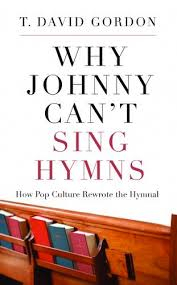
2. T. David Gordon. Why Johnny Can’t Sing Hymns: How Pop Culture Rewrote the Hymnal (P&R 2010). Makes a strong argument and works well as a prescription for retaining classic hymnody. Less convincing when it begins to sound like a proscription against other kinds of music (read: pop) in our services.
3. Sarah Ruden. Paul Among the People: The Apostle Reinterpreted and Reimagined in his Own Time (Pantheon 2010). If you are interested in a politically correct rescue of Paul made possible by reinterpreting his words (and our English translations) through the lens of hyper-sexualized Greek and Roman literature, all of which were written centuries before the Apostle, then this is your book.
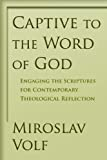
4. Miroslav Volf. Captive to the Word of God: Engaging the Scriptures for Contemporary Theological Reflection (Eerdmans 2010). Disappointing collection of essay on the nature and content of Scripture. Where Volf sounds most evangelical he is also the most cautious and apologetic. Where he sounds most liberal he seems most impassioned and sure.
5. Collin Hansen and John Woodbridge. A God-Sized Vision: Revival Stores that Stretch and Stir (Zondervan 2010). My blurb: Hansen and Woodbridge have given us a rare book on revival. They affirm the supernatural, without being sensationalistic. They celebrate the surprising work of God, without downplaying the ordinary. They demonstrate the ecumenical scope of revival, without ignoring the important role theology plays in the ongoing health of the church. This book will guard against complacency, cynicism, and, just as importantly, the naivete that thinks revival solves everything. An encouraging, judicious, well-told tale of God’s amazing work around the globe throughout the ages.
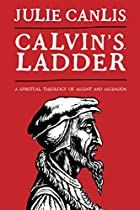
6. Julie Canlis. Calvin’s Ladder: A Spiritual Theology of Ascent and Ascension(Eerdmans 2010). Despite some dense prose and an allergic reaction to Calvin’s evangelical views on the atonement and imputation, Canlis makes an important and learned contribution toward understanding Calvin’s view of our union and communion with Christ.
7. R. Scott Clark and Joel E. Kim. Always Reformed: Essays in Honor of W. Robert Godfrey(Westminster Seminary California 2010). A thoughtful and thought provoking collection of essays. Van Drunen on “Calvin, Kuyper, and ‘Christian Culture’” and Horton on “Reformed and Always Reforming” were particularly good. Riddlebarger on “The Reformation of the Supper” is a concise case for more frequent celebration of Communion. Hart’s plea for a more polemical Reformed faith (in “The Rise, Fall, and Resurrection of J. Gresham Machen’s Warrior Children”) does not strike me as the most helpful advice for the likely reader of this volume.
8. N.T. Wright. After You Believe: Why Christian Character Matters(HarperOne 2010). Wright makes a strong (and necessary) case that transformation is at the heart of the gospel project and that this project is not an easy let-go-and-let-God affair. If only there were not the usual swipes at “going to heaven after you die,” an overwrought transformationist ethic (reading too much into the word “”priest” for example), and the unwarranted caricatures of Martin Luther.
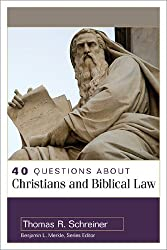
9. Thomas R. Schreiner. 40 Questions About Christians and Biblical Law (Kregel 2010). The most accessible book on the most difficult topic in Christian theology. Confessional Presbyterian/Reformed folks won’t agree with everything, but the structure is so clear, the summaries so helpful, and the fidelity to Scripture so evident that this is easily one of the best books of the year.
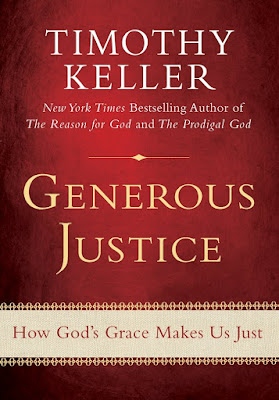
10. Timothy Keller. Generous Justice: How God’s Grace Makes Us Just (Dutton 2010). This is the most biblically informed and intellectually careful (read the footnootes!) “social justice” book I know of. Justice skeptics and justice proponents alike will learn from Generous Justice. I am still unconvinced by Keller’s more expansive definition of what the Bible means to “do justice,” but the main thrust of the book is well-argued and often inspiring. As Keller reminds us, “a life poured out in doing justice for the poor is the inevitable sign of any real, true gospel faith.”


